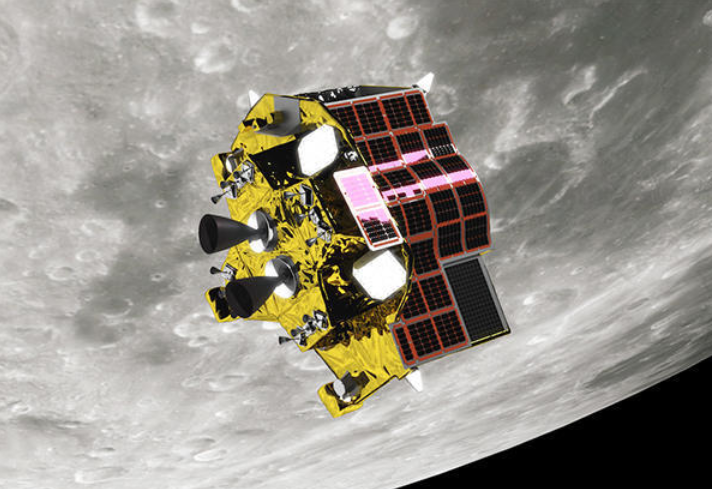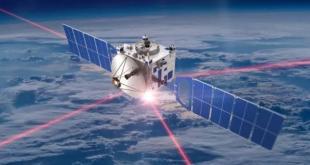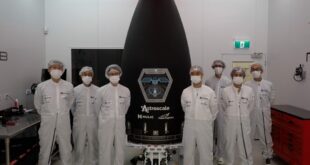
Ibadan, 22 January 2024. – The Japan Aerospace Exploration Agency (JAXA) has announced the successful soft-landing of its Smart Lander for Investigating Moon (SLIM) spacecraft on the moon, on January 20, 2024, at 0:20 am (JST). This feat makes Japan the fifth country to soft-land on the moon, joining the USA, China, the former Soviet Union, and India. Despite the historic landing, however, SLIM may not achieve full operationalization as its solar cells are currently not generating power.
According to JAXA, the most likely reason for the spacecraft’s inability to generate power is that its solar panels are angled wrongly. As a result, JAXA aims to preserve the status quo, hoping for a shift in the sunlight’s angle which could subsequently hit the panels in a way that would restore its functions. Nevertheless, the space agency is prioritizing acquiring as much data about the spacecraft’s landing and the moon as possible on the remaining battery life.
There was also a delay in confirming the landing success as officials were confirming the spacecraft’s status. However, this was because the officials required more time to confirm whether SLIM made a pinpoint landing. JAXA was aiming for an unprecedented 100-metre landing area as it tested a new precision technology. While Hitoshi Kuninaka, the head of JAXA’s research center expressed his belief that SLIM most certainly achieved a landing with 100-metre accuracy, He noted that it would take about a month to verify it.
Speaking on the technology, Hiroshi Yamakawa, president of JAXA, said that ” landing of such precision would be a world’s first, and would be a crucial technology for a sustainable, long-term and accurate space probe system. Japan needs the technology to secure its place and contribute to international space projects”.





